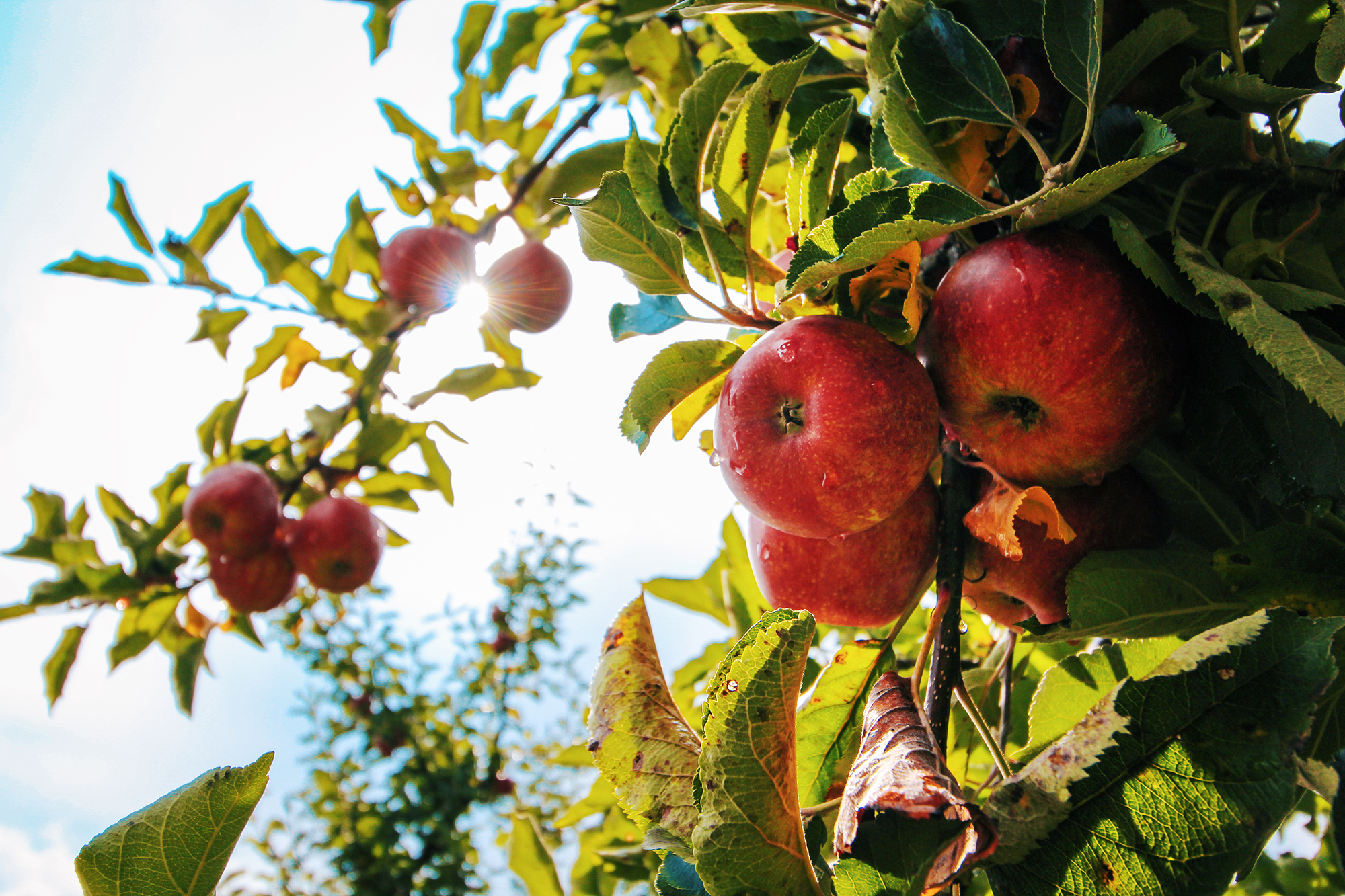Hello, my lovely readers. October is Breast Cancer Awareness Month.
It is time to check on what you can do to help prevent it and help to deal with it when diagnosed.
Because of the high incidence of breast cancer, most women know at least one woman- and often more- who has been diagnosed with the disease. Breast cancer awareness is about more than running marathons and wearing pink- it is an opportunity to update yourself with the latest information.
With it being the second most common cause of death from cancer in women in the UK, we need to stay informed. However, the good news is that 8 out of 10 women survive breast cancer beyond five years.
The key role of bioidential progesterone:
There are several approaches, and Dr John Lee’s pioneering work on using natural bioidentical progesterone plays a crucial role in breast cancer prevention. It can safely be used by women with both a risk and a history of the disease.
It is used by women having chemotherapy and/or radiotherapy. Progesterone is known to have the effect of dampening down the stimulating effect of Oestrogen breast tissues- and this is exactly what you wish to achieve to give yourself maximum protection against breast cancer or its recurrence.
Dr John Lee- the pioneer of natural progesterone cream usage- stated that in his view, using bioidentical progesterone would help counteract the adverse side effects of drugs such as Tamoxifen. The drug and similar ones do have serious reported side effects, whereas natural progesterone does not have any reported side effects after many years of use throughout the world.
This view is endorsed by Dame Srilley Bond, who is an experienced private GP with many years of prescribing bioidentical hormones for both hormonal health and osteoporosis. She has also said that bioidentical progesterone can be used alongside Tamoxifen( which is a weak oestrogen) or similar drugs to balance the drug.
Your prevention action plan:
As with so much else, it comes down to the dealing with excess oestrogen, known as oestrogen dominance, and having the best diet and lifestyle to minimise your risk.
Breast cancer is the most common cancer in the UK, with the highest risk being in women over the age of 50. But what is less well known is that can affect men too, with around 3411 being diagnosed every year.
Dietary and lifestyle factors such as increased rates of obesity, high alcohol intake, high fat and low fibre diets have all been blamed to the observed increased rates of breast cancer. However, a clear link has not been found. If you believed- as I do- that you are what you eat then the new field of nutrigenomics (the study of how food or bioactive food molecules affect our genes) is an exciting area combining genetics and nutrition. It is suggested that consuming foods that have a nutrigenomic effect will lead to specific genes being switched on or off.
Mariette Abrahams, registered dietitian and spokesperson for Freelance Dietitians, said: With a strong trend and demand for prevention and self-care, we are on the brink of a new era. In the future, we may be able to provide more personalised dietary advice to individuals who have inherited gene variants that increase their risk of developing breast cancer.
Previous studies have indicated that women carrying specific genetic variants of the breast cancer gene may be more responsive to the cancer-reducing effects of catechins in green tea and genistein in soya. However, there is still a lot of work that needs to be done.
Dieticians and nutritionist play a crucial role in promoting a healthy diet and lifestyle and can advise on food choices before, during and after a cancer diagnosis have been made.
Early diagnosis is critical and taken preventative measures by achieving hormonal balance, adopting a healthy diet and lifestyle is certainly a step in the right direction of lowering your risk.
Tips for reducing risk of developing breast cancer include:
- Maintain a healthy weight.
- Choose healthy foods, meals and snacks such as whole grain, fruit, low-fat dairy products. and nuts.
- Stay active and engage in regular exercise.
- It is recommended you try to maintain a healthy body mass index (BMI) range between 18.5 and 25 for Women. Although this is not the sole indicator of a healthy body, it is useful as an indicator of body status.
Key points:
- Eat plenty of plant-based foods such as fruits and vegetables. The intake of fibre from fruits and vegetables and isoflavones (from soya, beans and legumes) have been linked to a lowered risk for developing breast cancer. The recommended minimum is 5 portions a day, but maximum benefit try to include more than that.
- Reduce saturated fat intake from animal products and replace with poly and monosaturated fats such as those found in olive oil, nuts and avocados.
- Reduce salt intake by avoiding processed food as well as cured and pickled foods. Also, avoid using extra salt at the table.
- Avoid refined sugars such as those found in biscuits, cake and pastries, or at least seriously limit your intake.
- Cut down your alcohol intake and knowing your limit is essential. High alcohol consumption has been linked with increased risk of breast cancer 2-3 units per day or a maximum of 14 units per week maximum, and have some alcohol free days. One unit of alcohol is equal to Half a standard glass of wine (175ml).
If you enjoy reading my blogs just like it and share this important information to all your friends and family.


